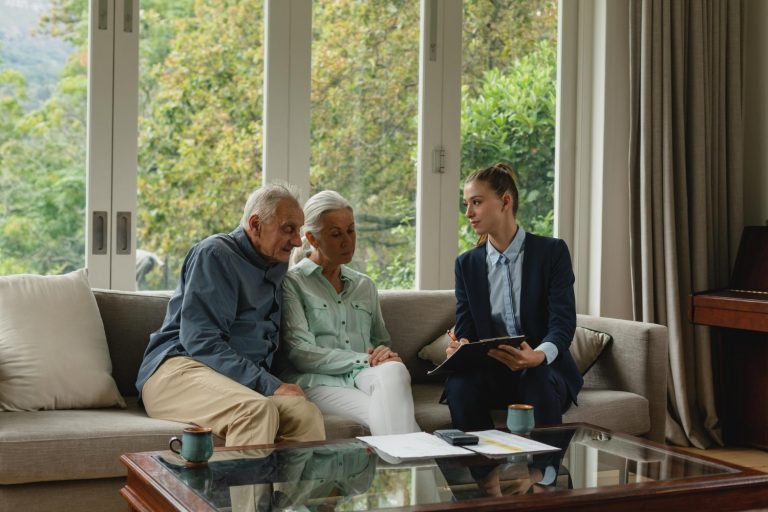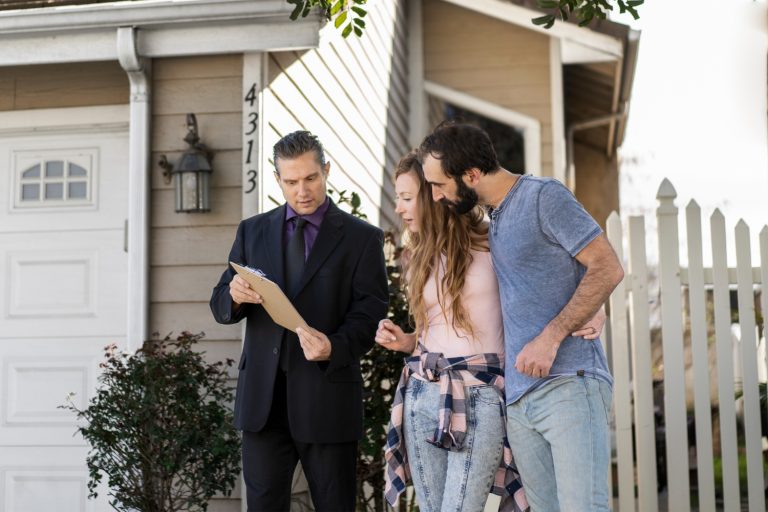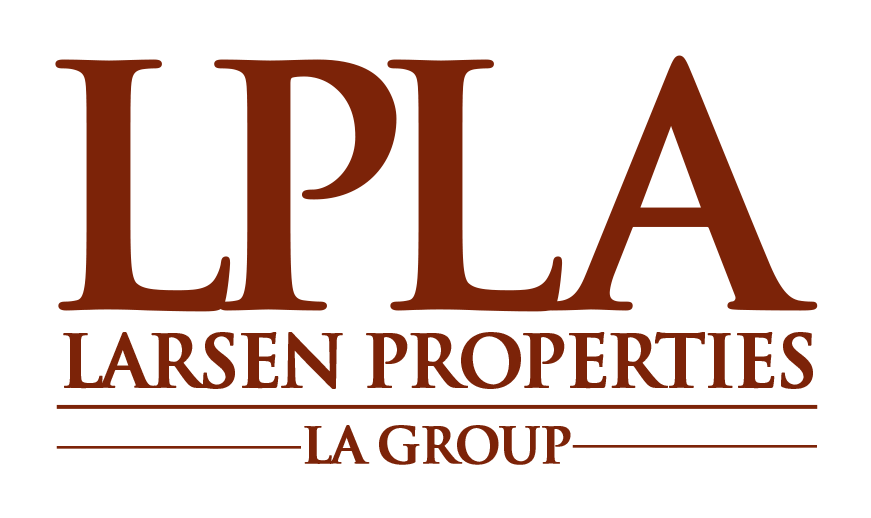
How to Prepare Your Home for Sale
Selling your home is a significant step, and effective preparation is essential for achieving a top-dollar sale. One of the most important discussions you can have is with your listing agent about which upgrades today’s buyers are seeking and which may not be necessary. Understanding these preferences will help you focus on enhancements that truly add value and appeal to potential buyers.
Begin by decluttering and depersonalizing your space, allowing buyers to envision themselves living in your home. Address minor issues like leaky faucets and patching holes, as these small fixes can greatly influence buyers’ perceptions. Additionally, consider improving curb appeal; well-maintained landscaping and welcoming potted plants by the front door can enhance your home’s attractiveness. A well-staged home leaves a lasting impression and has been shown to receive higher offers than non-staged homes.
Pricing Your Home Correctly
Setting the right price is crucial for attracting serious buyers and getting your home into escrow. Homes that linger on the market longer than average can be perceived as having issues, leading buyers to overlook them. Your listing agent will research recent sales of comparable homes in your area to help you establish a competitive and realistic listing price.
Underpricing your home can be an effective strategy to attract more buyers, potentially resulting in multiple offers and a higher final sales price. Today’s savvy buyers and their agents are well-informed about the local market, and overpricing your home may suggest that the seller is unrealistic or unwilling to negotiate. This perception can deter buyers before they even step through the door. By pricing your home correctly, you create a positive first impression and set the stage for a successful sale.


What to Expect During the Selling Process
The selling process can seem overwhelming from listing to closing, but it doesn’t have to be. Once your home is listed, you can expect showings and open houses to generate interest. Your agent will coordinate all inspections and receive offers on your behalf, presenting them to you for review. They will negotiate all terms and buyer requests to ensure you get the best deal possible. After an offer is accepted, inspections and appraisals will follow, leading to the final closing process, where paperwork is signed and keys are handed over. With the right support, you can navigate this journey with confidence and ease.
Tips for Successful Negotiation
When offers start rolling in, it’s time to negotiate. While the offer price is important, your agent will explain why factors such as contingencies, closing timelines, and buyer financing contribute to the overall strength of an offer. Collaborating with your agent to develop a compelling counteroffer can significantly enhance your chances of closing the deal.




